#Indigenous music
Explore tagged Tumblr posts
Text
youtube
Mayan temple flute
from Aida Mendoze
82 notes
·
View notes
Text
Lheidli T'enneh musician Kym Gouchie is keeping First Nations languages alive for the next generation. And she's doing it by recording children's songs with the help of her drum, a new ukulele, phone voice memo recordings of her Granny's voice and an armful of firewood.
Gouchie's children's album, Shun beh nats'ujeh, released on June 13, means, "We are Healing through Songs."
The album features songs Gouchie wrote and performed in English as well as her ancestral languages of Dakelh, Secwepemctsin and Cree.
"These languages are part of my DNA and my blood memory. When we hear the language being spoken, it stirs something up in us," Gouchie says.
Continue Reading
Tagging: @newsfromstolenland
167 notes
·
View notes
Text
Song of the Day
"Call of the moose" Willy Mitchell, 1980 As you might know, September 30th is Truth and Reconciliation day (more commonly known as Orange Shirt Day), a national day in Canada dedicated to spreading awareness about the legacy of Residential schools on Indigenous people. Instead of just focusing on a song, I also wanted to briefly talk about the history of the sixties scoop and its influence on Indigenous American music and activism.
The process of Residential schooling in Canada existed well before the '60s, but the new processes of the sixties scoop began in 1951. It was a process where the provincial government had the power to take Indigenous children from their homes and communities and put them into the child welfare system. Despite the closing of residential schools, more and more children were being taken away from their families and adopted into middle-class white ones.
Even though Indigenous communities only made up a tiny portion of the total population, 40-70% of the children in these programs would be Aboriginal. In total, 20,000 children would be victims of these policies through the 60s and 70s.
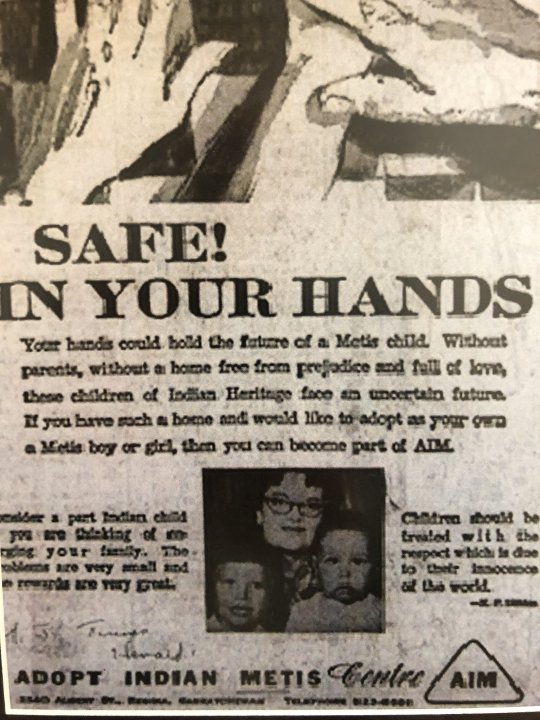
These adoptions would have disastrous effects on their victims. Not only were sexual and physical abuse common problems but the victims were forcibly stripped of their culture and taught to hate themselves. The community panel report on the sixties scoop writes:
"The homes in which our children are placed ranged from those of caring, well-intentioned individuals, to places of slave labour and physical, emotional and sexual abuse. The violent effects of the most negative of these homes are tragic for its victims. Even the best of these homes are not healthy places for our children. Anglo-Canadian foster parents are not culturally equipped to create an environment in which a positive Aboriginal self-image can develop. In many cases, our children are taught to demean those things about themselves that are Aboriginal. Meanwhile, they are expected to emulate normal child development by imitating the role model behavior of their Anglo-Canadian foster or adoptive parents."
and to this day indigenous children in Canada are still disproportionately represented in foster care. Despite being 5% of the Total Canadian population, Indigenous children make up 53.8% of all children in foster care.
I would like to say that the one good thing that came out of this gruesome and horrible practice of state-sponsored child relocation was that there was a birth of culture from protest music, but there wasn't. In fact, Indigenous music has a long history of being erased and whitewashed from folk history.
From Buffy Saint-Marie pretending to be Indigenous to the systematic denial of first nations people from the Canadian mainstream music scene, the talented artists of the time were forcibly erased.
Which is why this album featuring Willy Mitchell is so important.

Willy Mitchell and The Desert River Band
This Album was compiled of incredibly rare, unheard folk and rock music of North American indigenous music in the 60s-80s. It is truly, a of a kind historical artifact and a testimony to the importance of archival work to combat cultural genocide. Please give the entire thing a listen if you have time. Call of the Moose is my favorite song on the album, written and performed by Willy Mitchell in the 80s. His Most interesting song might be 'Big Policeman' though, written about his experience of getting shot in the head by the police. He talks about it here:
"He comes there and as soon as I took off running, he had my two friends right there — he could have taken them. They stopped right there on the sidewalk. They watched him shootin’ at me. He missed me twice, and when I got to the tree line, he was on the edge of the road, at the snow bank. That’s where he fell, and the gun went off. But that was it — he took the gun out. He should never have taken that gun out. I spoke to many policemen. And judges, too. I spoke with lawyers about that. They all agreed. He wasn’t supposed to touch that gun. So why did I only get five hundred dollars for that? "
These problems talked about here, forced displacement, cultural assimilation, police violence, child exploitation, and erasure of these crimes, still exist in Canada. And so long as they still exist, it is imperative to keep talking about them. Never let the settler colonial government have peace; never let anyone be comfortable not remembering the depth of exploitation.
Every Child Matters
#orange shirt day#truth and reconciliation#first nations#song of the day#indigenous folk#canadian history#sixties scoop#indigenous music#folk#folk revival#folk music#folk rock#60s#willy mitchell#song history#60s country#80s music#protest folk#music history#residential schools#american folk#american folk revival#Spotify
110 notes
·
View notes
Text
Native Siberian music
#indigenous#culture#indigenous russia#indigenous russian#important#russia#fypシ#fypage#colonization#landback#siberian indigenous#indigenous siberian#siberian#indigenous music#musica#Siberian music#beautiful
417 notes
·
View notes
Text
I take everything back. This is the only thing that is REAL punk:
(Bandcamp link)
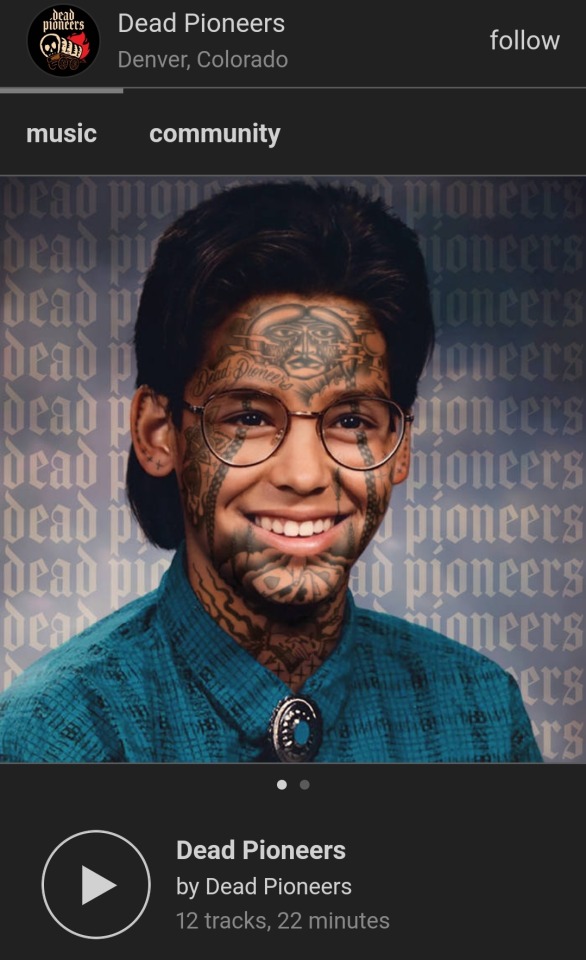

104 notes
·
View notes
Video
youtube
Ummet Ozcan X Otyken Altay (Official Music Video)
Have I shared this before?
Absolute banger. All the vibes.
#music#indigenous music#siberia#turkmen#tengiri#Idk how to tag this really#just give it a listen#beautiful stuff
27 notes
·
View notes
Text
First Nations Australian hip hop supergroup 3% cover Youngblood by 5 Seconds of Summer, for Triple J's Like A Version. Full performance and back story below the cut:

youtube
youtube
#5sos#5 seconds of summer#triple j#3%#3 per cent#video#cover version#like a version#2024#indigenous music#first nations#supergroup#hip hop#australian music#blak out#aboriginal australian#australian politics#racism#didgeridoo
9 notes
·
View notes
Text
NEW ALBUM STREAMING NOW!!!

KADUGALA is the new album from Kampala, Uganda based indigenous Ugandan folk music/electronic act Maganda Shakul, released August 21, 2024 with Nilotika Cultural Ensemble.
Listen to the full album now:
youtube
#folk#folk music#indigenous#indigenous music#indigenous art#electronic music#experimental music#uganda#african music#african artist#heritage harmony records#percussion#Youtube
6 notes
·
View notes
Note
divide and dissolve! i first saw them opening for chelsea wolfe, really vibey indigenous sludge metal duo
spotify / youtube / bandcamp

#op.txt#ask box#divide and disolve#metal#indigenous music#cherokee specifically#underground musician#underground band#indie musician#indie duo
10 notes
·
View notes
Text
youtube
"Hedie" is a traditional Even song. But traditional songs can be remixed too <3
28 notes
·
View notes
Text
My music taste isn’t special but I did want to share some of my favorite indigenous rap/club/hiphop artists that I’ve been listening to lately :]
#ra#music#rap#club#hip hop#club music#rap music#hip hop music#indigenous art#indigenous music#indigenous peoples#I could have sworn I reblogged a really great post full of indigenous music reccs but I can’t find it#I’ve literally been searching my blog for days :( so here have some hand picked songs by beans#‘oh I don’t like rap - ‘ you don’t like rap you’ve listened to SO FAR and what you’ve listened to so far is a reflection of ur own culture#peace love and light but some of y’all just want to bitch and whine and defend your inability to get over your own self imposed limits#get out there try things find smaller artists realisten to the classics and think about why they’re considered classics reflect and grow.
11 notes
·
View notes
Photo

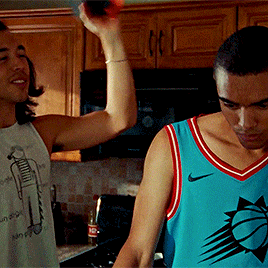
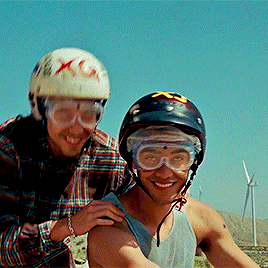
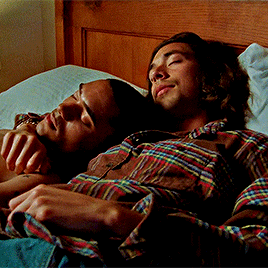
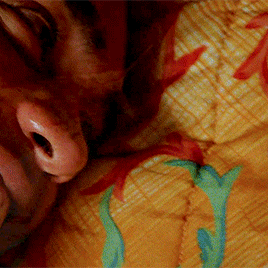

MATO WAYUHI → fall out boy
#mato wayuhi#musicedit#mvedit#pocedit#blogmusicdaily#musicsourcedaily#dailymusicians#indigenous music#this song and this mv are dead cute
34 notes
·
View notes
Link
I just remembered this AMAZING uquiz I made a while ago and people should go take it.
68 notes
·
View notes
Text

Custer Died for your sins
for the tribes you terminated
for the myths you kept alive
for the land you confiscated for our freedom, you deprived
custer died for your sins
custer died for your sins
jimmy curtiss 1983
#jimmy curtiss#indigenous folk#indigenous music#native art#struggle folk#protest folk#land back#80s#broadside magazine#photos#antifascist#anti colonization#indigenous resistance#american indian movement
6 notes
·
View notes
Text
Whale hunt dance in Chukotka
#chukotka#chukchi#indigenous#culture#indigenous russian#indigenous russia#important#russia#fypシ#fypage#colonization#landback#siberian#siberia#siberian indigenous#indigenous siberian#indigenous art#indigenous rights#indigenous people#indigenous music#indigenous culture#Indigenous dance
731 notes
·
View notes
Text
Winter holidays playlist, day 7: “Storm” by Otyken (placing this one in a separate post because I want more people to see this band)
Otyken is a band made of Siberian Indigenous peoples mixing folk music with modern pop. Their music fucks so hard, y’all!
youtube
Here’s the band’s website
2 notes
·
View notes